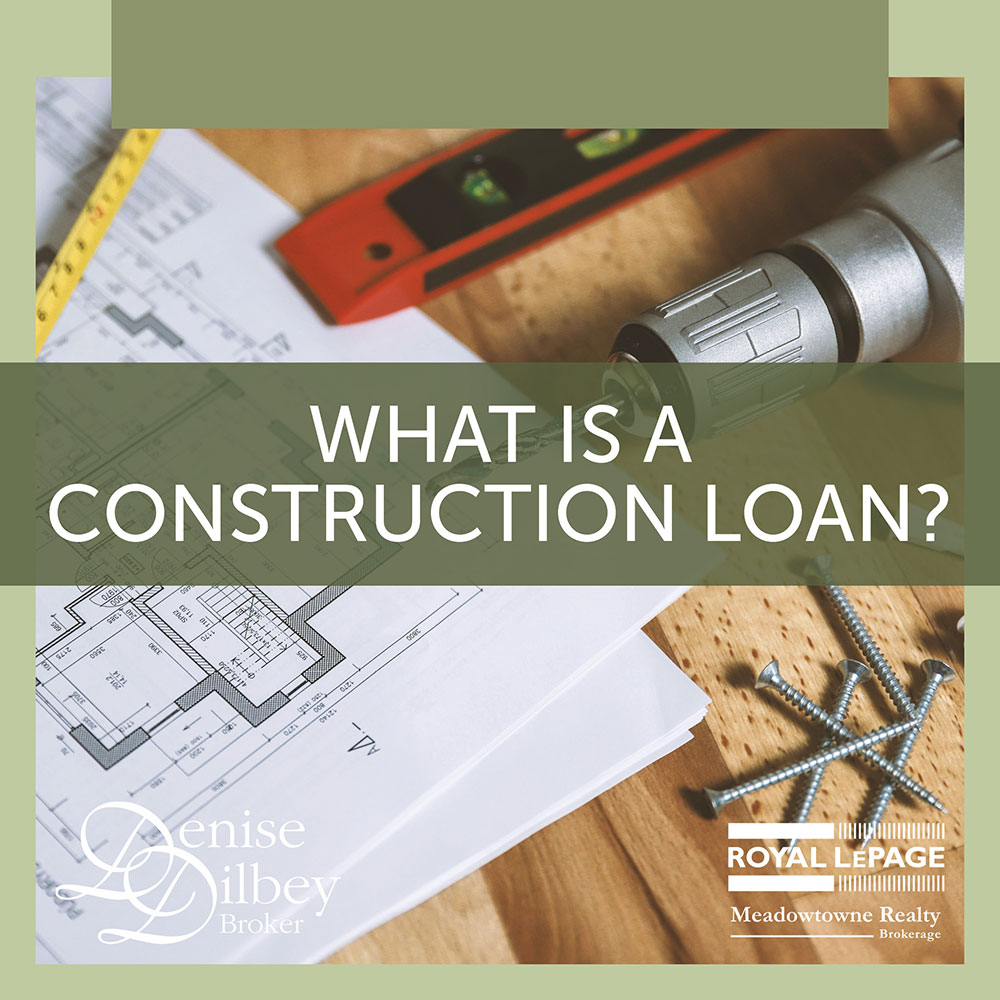|
Custom construction homes provide options typically not found in the resale or purpose built housing market. A construction mortgage may be an alternative answer allowing one to build a home to better suit your family’s needs and budget.
Many Canadians, especially millennials are finding themselves priced out of the real estate market and a construction mortgage may provide better opportunities in smaller markets outside of the Greater Toronto Area.
What is a construction loan?
In essence, it is arranging financing and then receiving funds from the lender, in stages, to build a house on raw or infill land. The funds are released by the lender at various stages of construction such as permits, architectural drawings, contracting a qualified builder, and starting the build. A construction loan differs from a typical mortgage as the lender inspects and approves the release of funds at each of its required stages. Be sure to check with each lender as there may be other restrictions associated with the release of staged funds.
The purchase price of the land is not included in the terms of the construction mortgage and will be an upfront cost born solely by the prospective mortgagee at a considerable expense. Typically funded by lines of credit or cash, this option may not be within reach for everyone.
Unlike purchasing a resale home, construction mortgages give potential homebuyers control over all the elements of a new build including location, architectural design, fixtures and finishings.
Key advantages of a construction loan:
- Flexibility: all aspects of a construction loan are “flexible” based on the homeowners’ needs and budget. Lenders will work in conjunction with the homeowner to ensure that all stages of the construction of the home are viable and within their financial means.
- Independent Assistance: Lenders of construction loans will oversee the construction process to evaluate progress and ensure the build is progressing according to plan. The lender will be involved at every stage to ensure that target deadlines are met as set out in the terms of the construction mortgage.
Things to consider:
- Loan to Value Ratio: Conventional mortgages typically fund a large portion of the cost of a home. In some cases, the loan to value ration can go as high as 85-95% of its appraised value. Constructions loans typically only go as high as 75%.
- Funding Schedule: Conventional loans are typically released by the lender for the entire value of the loan on closing, while construction loans are released in “draws” based on the completion of the various stages of construction. Each draw is based on specific points on the build, hence the phrase “drawing down on the mortgage”.
- Approval: Conventional mortgages require typical financial due diligence (proof of employment, credit rating, appraisals, etc.). Construction mortgages will require this as well but also detailed building plans and permits of which the lender will deem viable for resale and falls within the budget as determined in the terms of the mortgage.
- Closing: Construction loans require final approval for occupancy by the local Municipality and a new survey illustrating the completed structure situate on the entire parcel of land. Once an occupancy permit is issued and the funds drawn down on the last instalment, one can transfer everything over to a conventional mortgage which will now include the cost of the land in the final property appraisal.
Given the increasing cost of home ownership and finding that “perfect” home, construction mortgages may present an attractive alternative. The homeowner must be prepared to partner with the lender and be actively involved in the entire process from start to finish. |






Post a comment